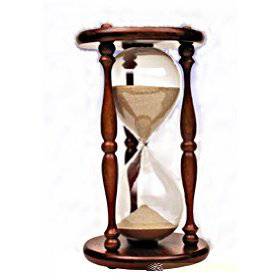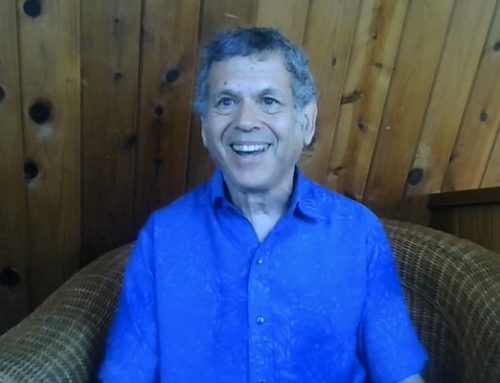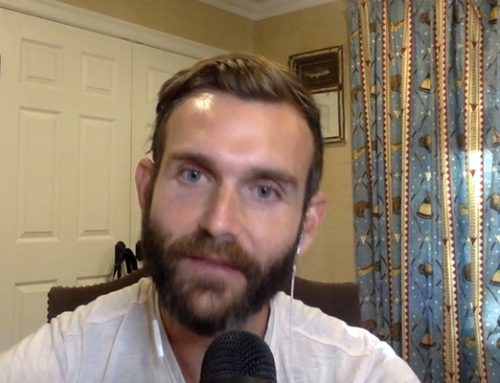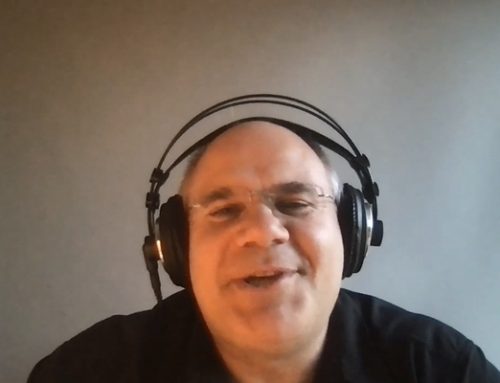Happy Wednesday to You!
I had a very busy, but lovely day working with clients from Australia yesterday. We did some great harmonizing work with drums, rattles, chanting and I spent time answering their many questions about life. We had a great time and will continue today with some time in the gym and some healing art work.
WRITING THE STORY WITHIN, by Chip Richards
[amazon-product align=”left”]0987165143[/amazon-product]
I’m happy to announce that my long time buddy, Chip Richards, has released his new book and audio titled, Writing The Story Within. I’ve been through the book and audio and really enjoyed them.
Chip is a very skilled writer, musician, artist, and athlete, to name a few aspects of his multidimensional abilities. His book and audio follow the theme of The Hero’s Journey as presented by the late, great Joseph Campbell, one of my favorite author/teachers.
The book and audio are a complete package, offering the aspiring writer many useful tools for enhancing their creative process, as well as sharing many ways to convert thoughts, imagination and intuition into effective story writing.
Chips exercises are also very good for learning more about yourself. When you are more in touch with who you really are, it’s easier to access your natural talents and grow your confidence with new skills from there.
Chip does a beautiful, gentle job of guiding you through these processes, which are both excellent for professional development as well as enhancing your self-awareness.
I highly recommend this book and audio set for anyone wanting to improve their writing skills.
Thanks for a great offering to the world, yet again Brother Chip!
FINDING BALANCE (Pt. 3)
Once you have your dream, goal or objective in hand, and you have established core values to support your dream, then we begin to look for ways to keep us established in our new way of being.
To help people find a healthy balance and not get too rigid with themselves, I created the 80/20 principle.
The 80/20 principle simply suggests that if you live according to your stated core values 80% of the time, you should cultivate adequate health and vitality to enjoy unbound play 20% of the time.
That said, I’ve found that a significant percentage of the people I coach have what appears to be a serious problem with basic math skills; they often live 40/60, or 20/80, yet will spend all sorts of time trying to convince me that they are following the 80/20 principle and it’s not working.
In minutes, I can look at a diet, exercise and lifestyle log and point out what should be in their “20”, but is sneaking in as part of their supposed “80”.
That said, here are a few tips for effective application of the 80/20 principle as I intended it, teach it, and practice it myself:
1. Don’t bullshit your self!
Be clear about what you dream is and to the degree that you are clear in that regard, you are also clear about what you direction is. Only when you are clear about dream and direction can you ever determine what is and isn’t part of your 80 or your 20.
2. Be realistic about the impact of each activity or substance you use within your chosen 20%.
For example, researchers have found that it only takes 1 gram of gluten to trigger an inflammatory reaction in the gut. Just so you can put this in perspective, one gram of gluten containing substance, such as dried bread, is about what it takes to fill one pill capsule.
With that in mind, when someone comes back to me complaining that their digestion, elimination, aches, pains, or mental function isn’t improving and tells me that they are following the 80/20 principle, I just look at the diet log or ask them exactly what they have consumed since I last saw them or around the period the symptoms seemed to worsen.
What I commonly hear are comments like, “well, I only had two jelly donuts and one pancake breakfast last week. That’s way below my 20%”.
The truth is that you can’t measure your 20% by food volume or weight, which is what was being done in the case above. You have to measure your 20% in magnitude of influence on your body-mind.
It only takes a very small amount of TNT to destroy an entire building, and it only takes a tiny amount to destroy your progress with a gluten free approach if your 20% includes gluten (TNT) and you shouldn’t be eating it.
Now, some may feel that I’m saying a gluten intolerant person should never eat gluten. That’s not the case.
What I’m saying is that each person has to honestly and intelligently assess the impact gluten (or alcohol, cigarettes, drugs, sugar, coffee, poorly managed relationships, sex, etc.) has on them individually.
If one gram of gluten can inflame your whole gut and set you back for several days, then that one doughnut can bring you to a state of 50/50, for a net gain of ZERO.
3. Theory vs. Practice
Much of what is put into a person’s own version of 80/20 is subjective; “I don’t think there’s much gluten in there so I’ll have one, or two..”.
When you make choices that seem logical, but produce results that you hoped not to experience, then you are getting an objective measure of your subjective assessment.
If you keep making the mistake over and over because you are addicted, or lack creative self-expression and have turned cake eating into your outlet, you are likely to go through a lot of healthcare professionals and coaches before someone just calls you on your game.
What you feel and experience becomes objective to the degree that it is not what you projected would occur subjectively.
For me, one gram of gluten will destroy my functional capacity to adapt to anything else I’d want to include in my 20%, therefore, it’s a bad choice as a joy food, or recreational treat.
On the other hand, I can eat a couple pieces of cake made from potato flower and really enjoy my 20%.
I hope these little tips help you gain more perspective with your use of my 80/20 principle in your life.
Anyone needing help fine-tuning would be well served to hire a CHEK Holistic Lifestyle Coach level 2 or 3. But, it would be wise to choose one that doesn’t display the same problems with self-management that you do or you will be less likely to heal.
By following the 80-20 Rule you’ll manage those things that really make a difference so that your results are successful.
Love and chi,
Paul Chek





